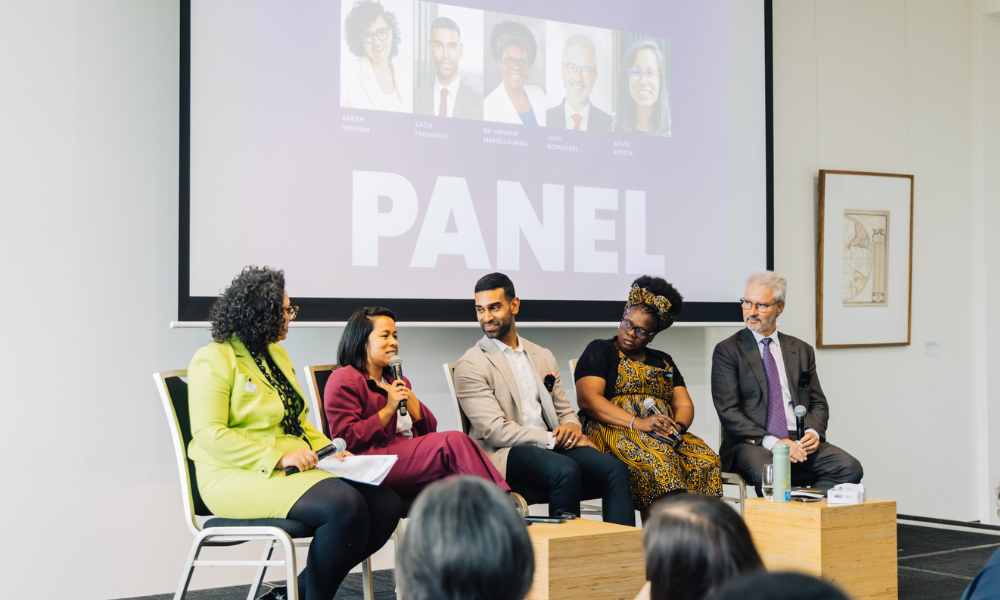Either firms are more advanced or they collectively underestimate their vulnerability more than other sectors

Law firms believe they are “change-ready” when it comes to competitive and digital disruption, a new study from National Australia Bank found – but is the sector really ready, or is it overestimating how well it will fare when facing these challenges?
The NAB Australian Legal Services Industry Survey found that law firms believe they are “very well-prepared” for the mandatory introduction of electronic conveyancing. They are also confident in their readiness for online courts and online dispute resolution.
That’s in contrast to the sentiment held by businesses in all other sectors, which see themselves as more vulnerable to digital disruption, NAB said.
“Across most industry sectors, businesses are not only aware of digital disruption, they believe their business models are vulnerable to it. This is in stark contrast to our findings in the legal services survey,” said Dean Pearson, head of behavioural and industry economics at NAB. “Whether the legal profession is more advanced when compared to other industries, or collectively underestimates its vulnerability, only time will tell.”
The study, which surveyed more than 70 law firms and more than 750 SMEs across the country, found that 27% of business clients don’t think any law firm is innovative. It also found that only 3% of clients think their law firm has an innovative approach, particularly through their culture and through being forward-looking.
Just 15% of business clients see “technology” as part of being an innovative law firm. They are more focused on service, with “solutions” identified by 17% and “communication” and “client experience” by 14% of respondents as factors considered in judging whether their law firms are innovative.
“Clients are interested in outcomes, in solutions. They want it done right first time or they want low costs from increased efficiencies. They’re not interested in innovation per se,” said George Beaton, founder and executive chairman of beaton, which worked with NAB on the study.
Beaton said that lawyers have a tendency to wait, perhaps too long, to adopt new technology.
“The conservative lawyer says they’ll wait until the hype’s passed. They always wait for someone else to go first. So it’s a self-fulfilling cycle of slow uptake of technology,” he said.
This tendency is costing lawyers and law firms, Beaton said.
“What we know is that of the technologies available to lawyers today, the majority do not maximise the benefits of them; they just don’t know how to. They’re using 10% of the technologies’ capability,” he said.
Understand more about how SMEs view their law firms, including on pricing and non-traditional service offerings and firms. Read the full NAB Australian Legal Services Industry Survey 'Key Insights into What Your SME Clients Need and Value' report.











